Vulnerability and disadvantage in education due to COVID-19; a different perspective
15 Apr 2020 | Policy-makers
Currently there is much discussion about a learning loss and widening of achievement gaps, but will there be an actual loss and what kind of gap? In the debate, we tend to talk about “vulnerable children ” as if this is a homogenous group. In this blog Astrid Ottenheym, director of a network for inclusive education in the Netherlands presents a different and more positive view on the learning during school lockdowns.
Astrid Ottenheym; a.ottenheym@ppo-nk.nl
Director of the network for inclusive primary education in Noord-Kennemerland
15-04-2020
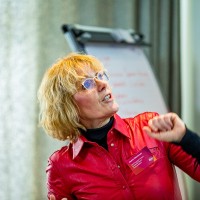
Schools in the Netherlands have now been closed for four weeks and their value is on the top of everyone’s agenda again. But there are also concerns about ‘vulnerable children’ and a potential loss of learning during this period of lockdown. A recent blog by the World Bank for example summarizes the potential scenarios and how to avoid the flattening of the learning curve due to COVID-19 for ‘vulnerable children’. Schoolboards, municipalities and networks for inclusive education in the Netherlands are working very hard to prevent such flattening and to ensure all learners have access to online teaching, arranging in-school teaching for those children who are in unsafe environment at home. Only when we act together can we ensure that no child falls through the cracks.
Despite the joined up efforts to continue educating all learners, there continues to be a group of so called ‘vulnerable children’ where people are concerned about their loss of learning. But should we address these children as ‘vulnerable’? Is this frame helping us to understand the problem and how to ensure that these children get the help they need in the current school lockdown? And what kind of loss in learning are they experiencing, if there is a loss at all…?
Vulnerable children, or children in vulnerable situations…?
Everyone wants what is best for children. Vulnerable children require extra care and that is what parents and teachers are trying to arrange, not just in the present lockdown but also when these children are in school. The term ‘vulnerability’ mobilizes people to take action; it’s a frame of reference that speaks to everyone’s mind. But, as with many frames, it also has a downside in stereotyping a group of children as a single group of ‘victims’, without recognizing the major differences between these children where the vulnerability is often also caused by the situation, not an inherent part of the child itself.
The danger of such stereotyping is that addressing children as victims and from the viewpoint of them being vulnerable, we tend to lower our expectations of what these children can achieve in comparison to other children. This usually happens unconsciously, but we know from research that it does not diminish the effect. It is of upmost importance to recognize why children are vulnerable, the differences between children in why they are vulnerable and the extent to which this is caused by the situation they are in. In many cases, it is the latter which causes children to be vulnerable, such as when they are bullied, can’t connect to the curriculum offered in school, have parents who are unable to support them or they have no physical space or resources to study at home. These situations can hamper their learning, even though they have the intellectual capacity to do well. Children are often incredibly resilient; taking their resilience as a starting point and addressing the elements in their situation which are not conducive to learning is what really helps them to progress and prevent the learning curve from flattening. This should be at the forefront of our thinking and action, working in a joint collaborative effort with these children, their parents and teachers is what will prevent the learning curve from flattening.
Learning loss?
The current situation of online teaching and home-schooling is also offering some remarkable insights and examples which showcase the resilience of many pupils. Some of those who have a special needs designation do surprisingly well in an online learning and home-schooling environment. The fact that they can choose their own structure and pace of learning is allowing them to learn much better. Being able to alternate learn and play, getting help from siblings all benefit the actual learning of the child. Teachers also develop a much better understanding of the home situation of a child, such as where they would now see that a child has care-taking duties for a younger brother and/or sister. Children who were only able to attend school for part of the day due to chronic illness can now continue to engage through an online environment. The new situation offers these children an alternative in which they can relax and are able to flourish. They may even learn more than when in school.
These examples really question the somewhat unchallenged belief that the current closure of schools will lead to widespread learning losses if we don’t act quickly.
Such an assumption is very much predicated on efficiency concerns and a quest for high test scores in traditional academic domains. But we do not actually know much about the effect of this new way of learning. Perhaps the current form is even more effective than one of in-school learning (see blog Martijn Meeter). Research for example shows how children with severe illness who have had to miss school for a long period, usually catch up. A more nuanced view is needed in any case.
Also, education and learning is about much more than what we test! Children are now learning so much more than what is on the traditional curriculum such as about health, illness, social contacts, statistics, “what is a crisis” and what is its meaning and impact? Many children have learned that our way of life is not to be taken for granted.
Education and learning are also about learning to live with others and as part of a society, to learn about other values, such as health, family and friendship, instead of only skills which are needed for economic growth? The current situation offers many learners and teachers with the opportunities to develop critical thinking, social competences and help develop individuals on a more personal level. These opportunities and experiences are of great value and they should receive much more emphasis in the current debate.
Common sense with an open mind
In brief: Look at the child and his/her context and do not stigmatize. See also opportunities in the possibilities of online education and realize that we are still learning for life and not for school. The aim of this blog is not to minimize the possible negative effects of the current situation but conjures to celebrate what is learned and realized, without ignoring the risks. Common sense and an open mind are needed. We are learning more from COVID-19 than we may think now.
See also information for:
Most recent blogs:
How LEARN! supports primary and secondary schools in mapping social-emotional functioning and well-being for the school scan of the National Education Program
Jun 28, 2021
Extra support, catch-up programmes, learning delays, these have now become common terms in...
Conference ‘Increasing educational opportunities in the wake of Covid-19’
Jun 21, 2021
Covid-19 has an enormous impact on education. This has led to an increased interest in how recent...
Educational opportunities in the wake of COVID-19: webinars now available on Youtube
Jun 17, 2021
On the 9th of June LEARN! and Educationlab organized an online conference about...
Homeschooling during the COVID-19 pandemic: Parental experiences, risk and resilience
Apr 1, 2021
Lockdown measures and school closures due to the COVID-19 pandemic meant that families with...
Catch-up and support programmes in primary and secondary education
Mar 1, 2021
The Ministry of Education, Culture and Science (OCW) provides funding in three application rounds...
Home education with adaptive practice software: gains instead of losses?
Jan 26, 2021
As schools all over Europe remain shuttered for the second time this winter because of the Covid...

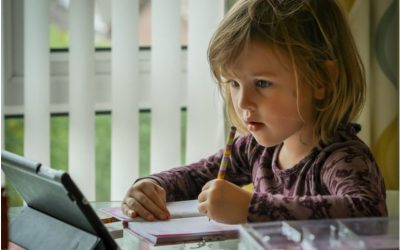
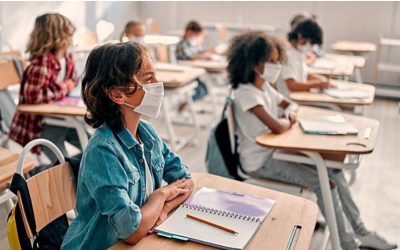
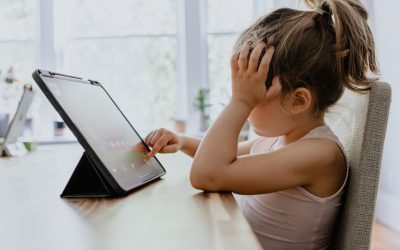
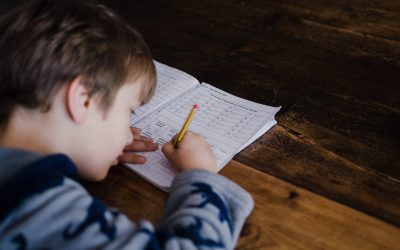
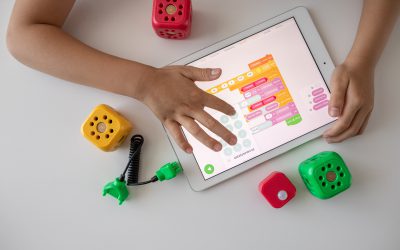
I agree, we have succumb to the narrative that ‘the only way is school’!